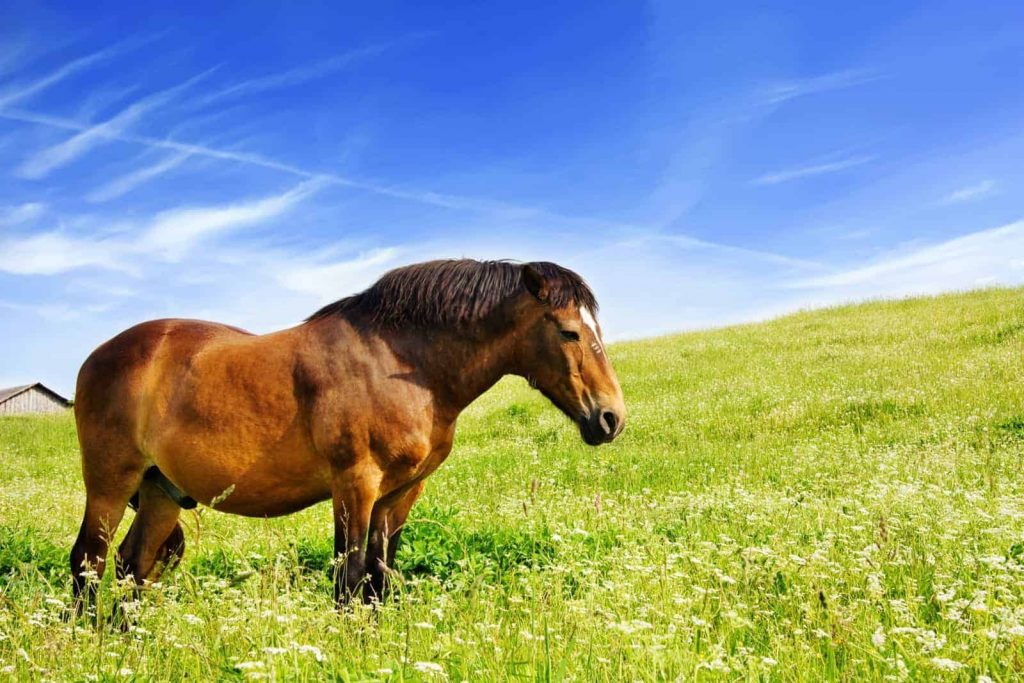
Fix Easy-Keeper Feeding Mistakes
An equine nutritionist explains how to rectify common mistakes owners make while feeding easy keepers.

An equine nutritionist explains how to rectify common mistakes owners make while feeding easy keepers.

Find out how you can keep your metabolically efficient horse healthy when he’s laid up with an injury or chronic illness.

An equine nutritionist describes how to promote weight loss in horses that cannot be ridden.

Dr. Frank Andrews describes how you can reduce your horse’s risk of hindgut ulcers while helping him safely lose weight.

Discover what, when, and how to feed horses with metabolic issues such as EMS, ID, and PPID.

Dr. Howland Mansfield describes signs a horse is ready to retire from riding, ranging from mild work intolerance to lameness.

Obesity could cause increased damage to your horse’s joints. Here’s why.

Blood insulin levels can warn of increased risk of laminitis in obese horses and ponies and spur owners to mitigate it.

Grazing muzzles can promote equine weight loss, but it is important to introduce them correctly so horses know how to use them and don’t become stressed.

Follow these steps to help your overweight horse subsist on fewer calories.

Here’s how to implement feed and exercise changes for horses that are overweight or obese.

Learn how to help your horse shed his excess pounds safely.

Learn how horses go from metabolic to laminitic and ways to manage them.

Caring for easy-keeping horses can be challenging. Learn how to manage your easy keeper safely and effectively.

Adiposity can cause a variety of health problems in performance horses, from heat stress to arthritis.

An equine nutritionist’s advice on choosing treats for horses and ponies that might be prone to insulin dysregulation, obesity, or EMS.
Stay on top of the most recent Horse Health news with
"*" indicates required fields